Ron DeSantis, the Republican governor of Florida, signed a new bill into law that allows schools to “authorize volunteer school chaplains to provide support, services, and programs to students” as long as they have parental consent.
Promptly after the bill was signed in April, the Satanic Temple (TST) threatened to “raise hell” on social media after Florida Education Commissioner Manny Diaz published specific policies for the program.
What Is the Satanic Temple?
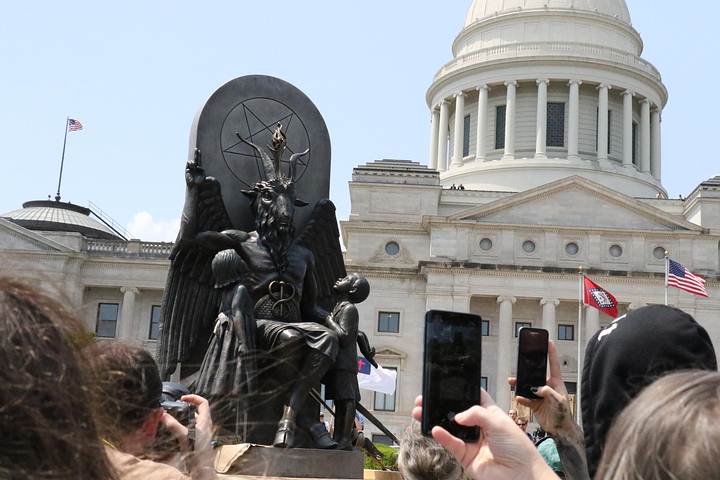
The Satanic Temple is a non-theistic group that was founded in 2013 in Salem, Massachusetts. Although the temple follows the teachings of “Satan,” the group doesn’t really follow any specific religious doctrine.
Instead, TST operates as a reaction to the “instruction of Christian values on American politics.” They often spring up to force religious equality when governments or institutions attempt to manipulate the tenants of separation of church and state.
That Satanic Temple Doesn’t Worship Satan

On the Satanic Temple website, the group answers the most common question, “Do you worship Satan?”
They write, “No, nor do we believe in the existence of Satan or the supernatural. Satan is a symbol of the Eternal Rebel in opposition to arbitrary authority, forever defending personal sovereignty even in the face of insurmountable odds.”
Legal Group
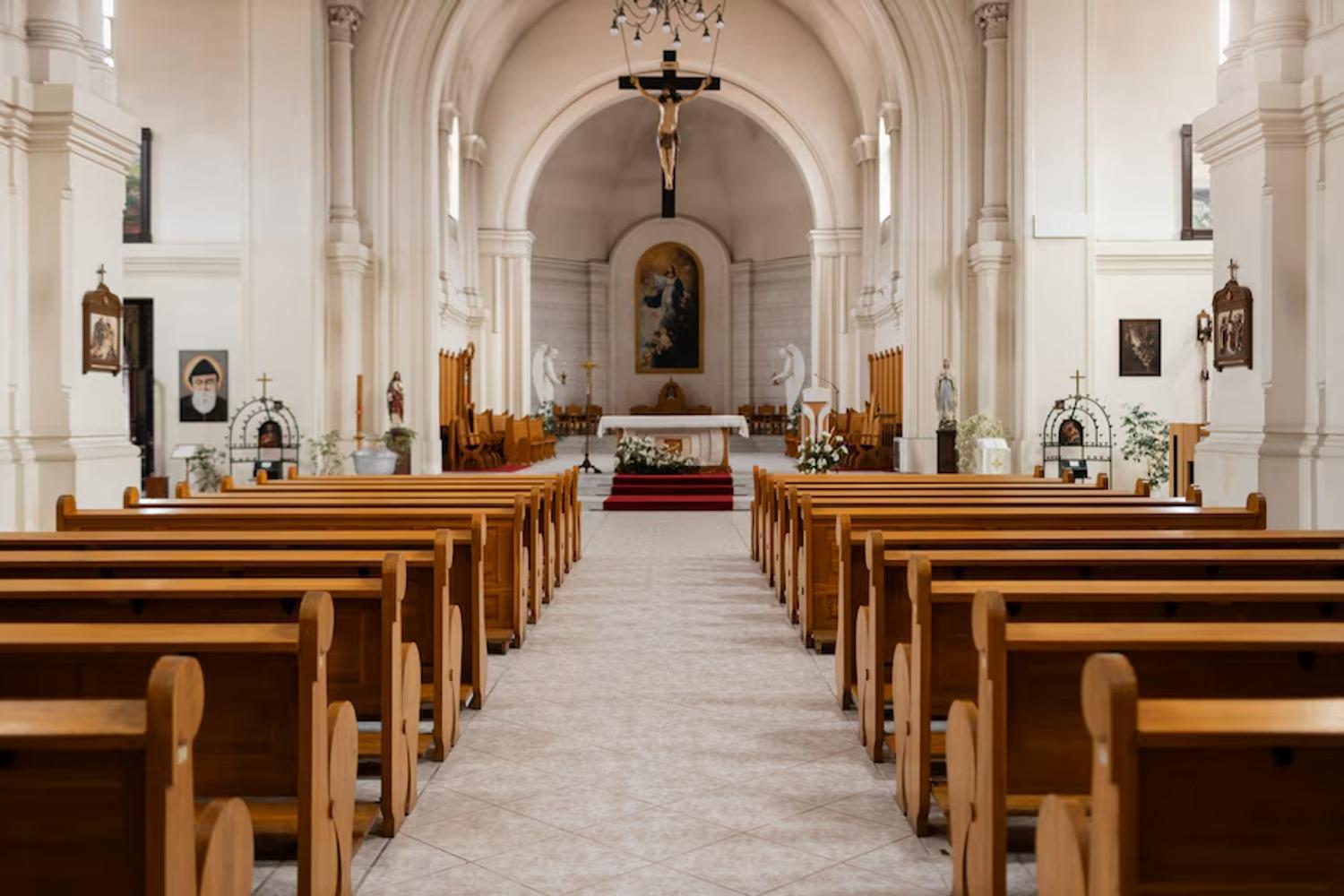
Despite being a group that participates more in politics than in real religious doctrine, the group is a legally recognized religious organization by the federal government.
This means that the group is subject to the same tax laws as any other church and, technically, receives the same freedoms as any other religion.
DeSantis Told Florida Parents: Satanism Won’t Be Allowed
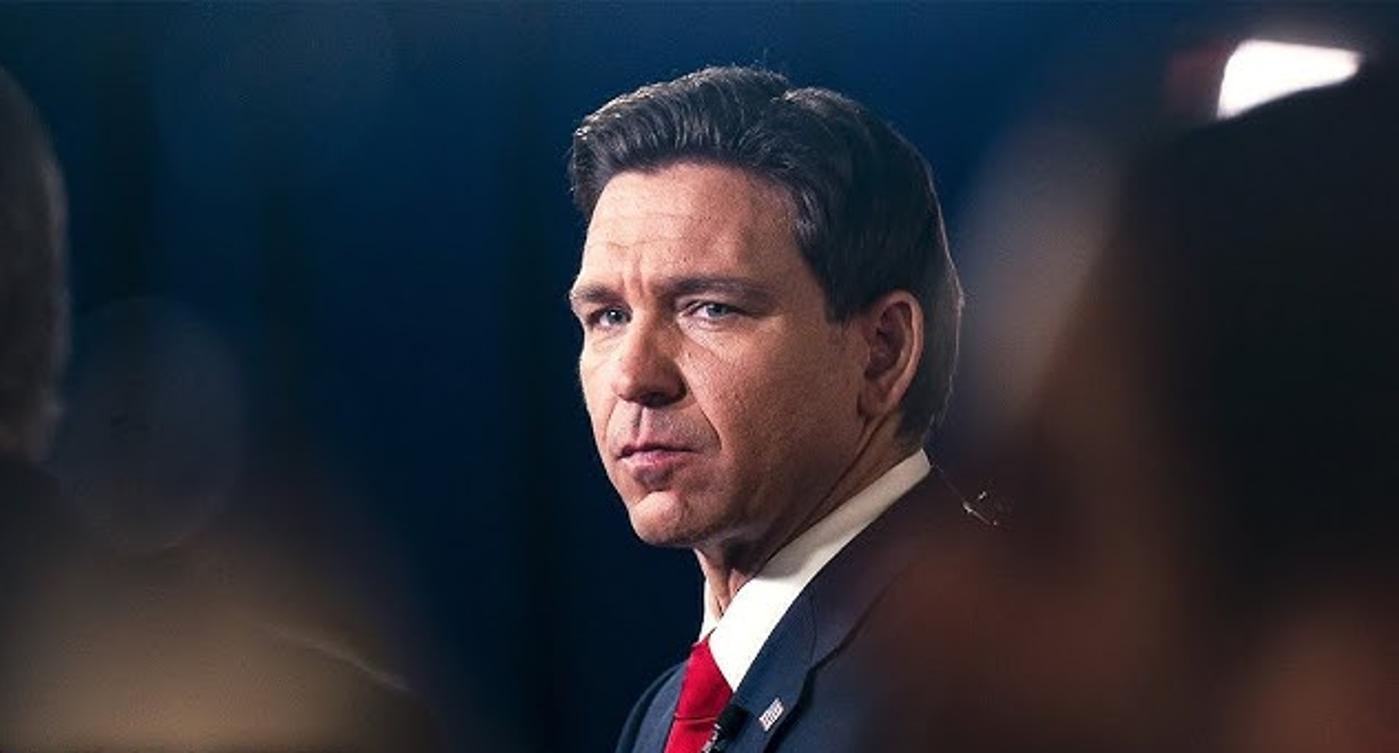
After passing the bill in April, many Florida parents spoke out, concerned that if “all religions” were welcome in the chaplain program, that might mean Satanists were guiding their children.
To which DeSantis replied, “Some have said if you do a school chaplain program that somehow you’re going to have Satanists running around in all our schools. We’re not playing those games in Florida. That is not a religion.”
Florida Will Be Using “Common Sense”
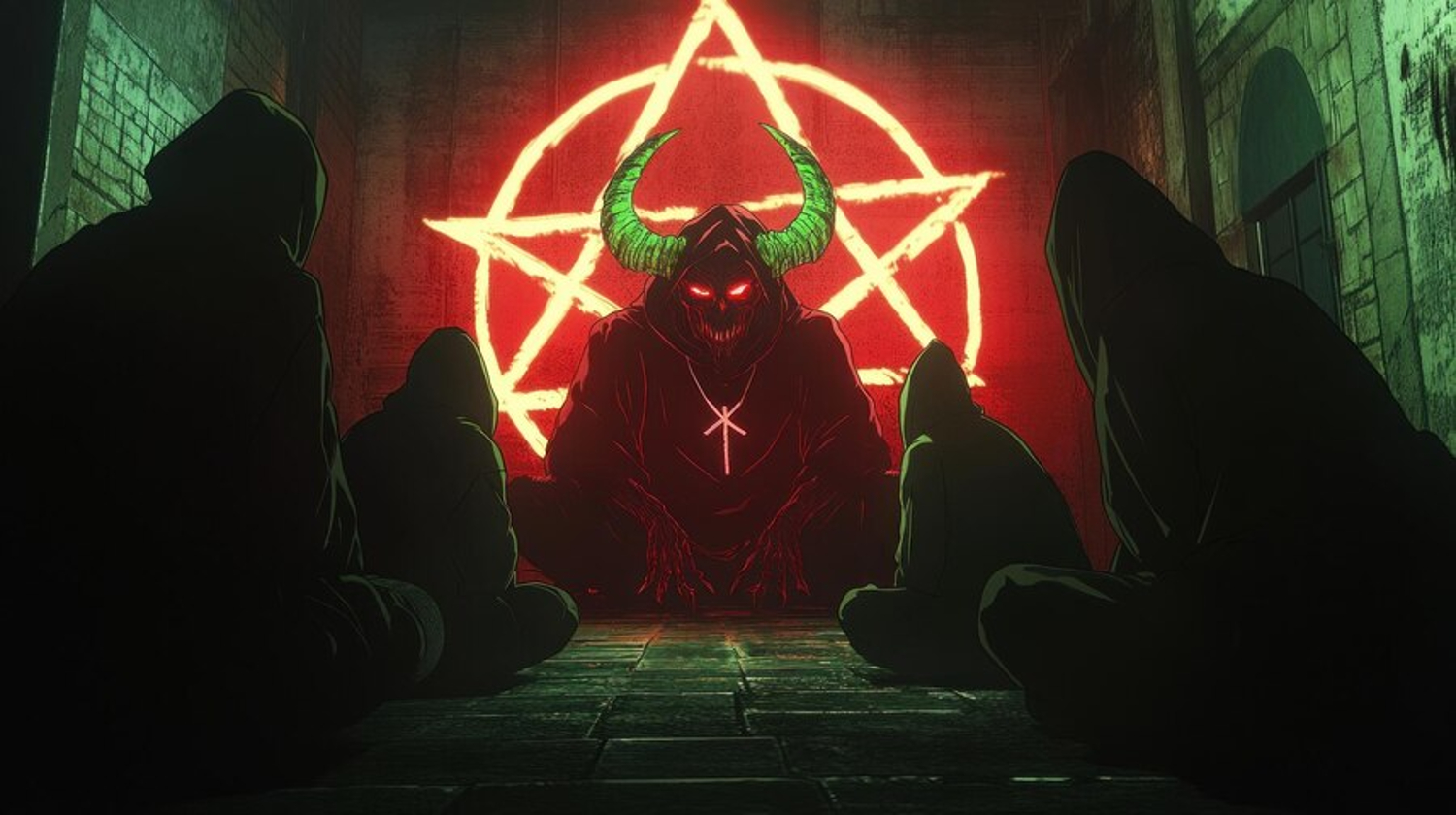
The governor continued, “[Satanism] is not qualifying to be able to participate in this, so we’re going to be using common sense when it comes to this, so you don’t have to worry about that.”
But after hearing these comments, the TST spoke out, saying their chaplains deserve to participate in the program as much as any other religious leader.
TST Raising Hell in Florida

The group took to X to share their thoughts: “Floridian TST members, supporters, & allies are standing up for true religious freedom & confronting theocracy. Ready to stand with us and raise hell?”
The Satanic Temple also linked a Google Doc with instructions on how people can get involved, including contacting lawmakers and public officials or attending a public hearing.
Satanic Ministers “Look Forward” to Doing Good in Schools

The Satanic Temple’s Director of Ministry, Penemue Grigori, said in a statement, “Any opportunity that exists for ministers or chaplains in the public sector must not discriminate based on religious affiliation.”
“Our ministers look forward to participating in opportunities to do good in the community, including the opportunities created by this bill, right alongside the clergy of other religions,” he continued,
What Does a School Chaplain Do?
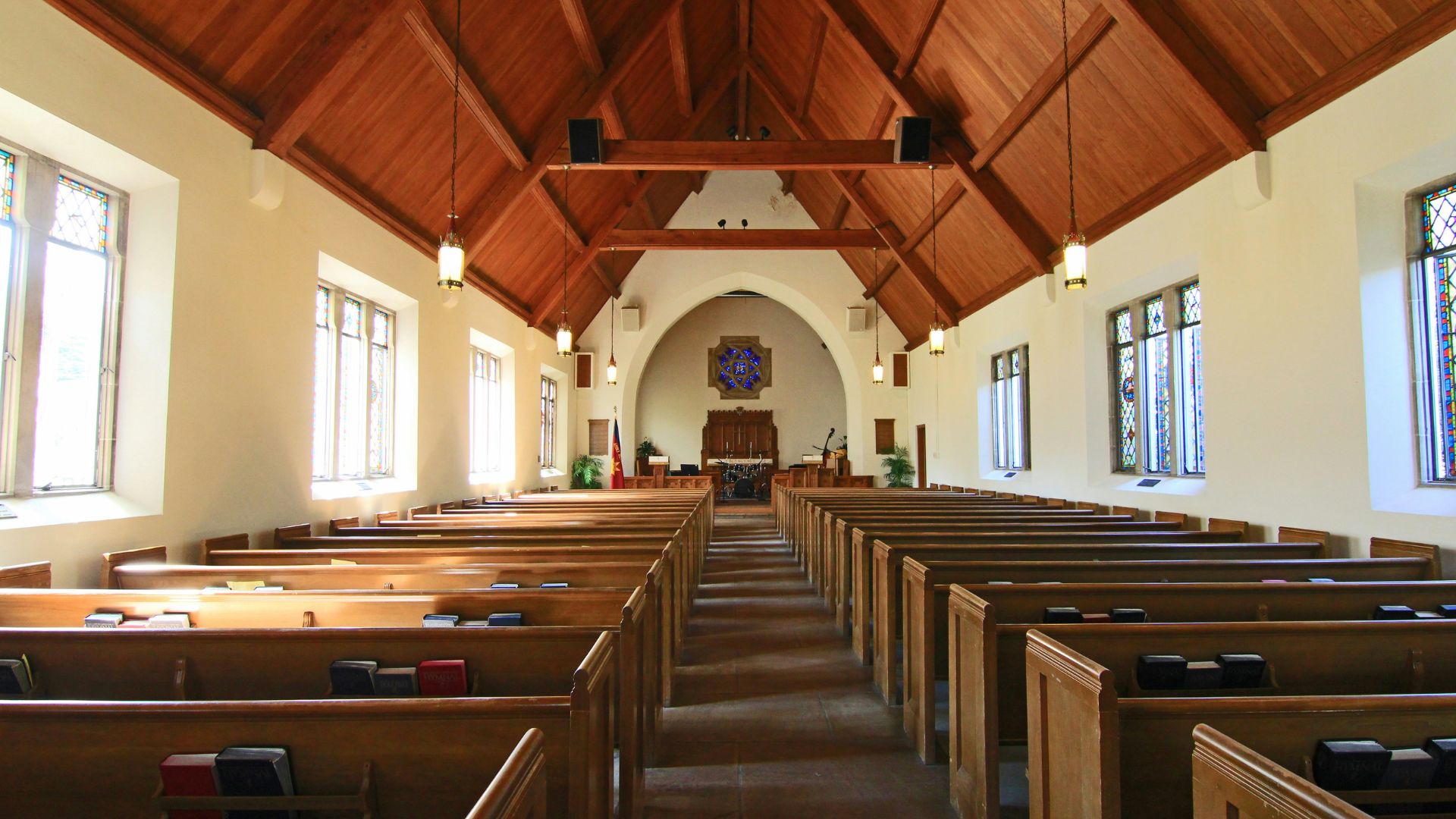
Bill HB 931 in Florida will allow school districts and charter schools to have chaplains on campus to provide additional student support and counseling.
It’s important to understand that, according to the law, a chaplain is a certified clergy member who provides religious and spiritual support to individuals. They usually work in the church.
Role of the Chaplain
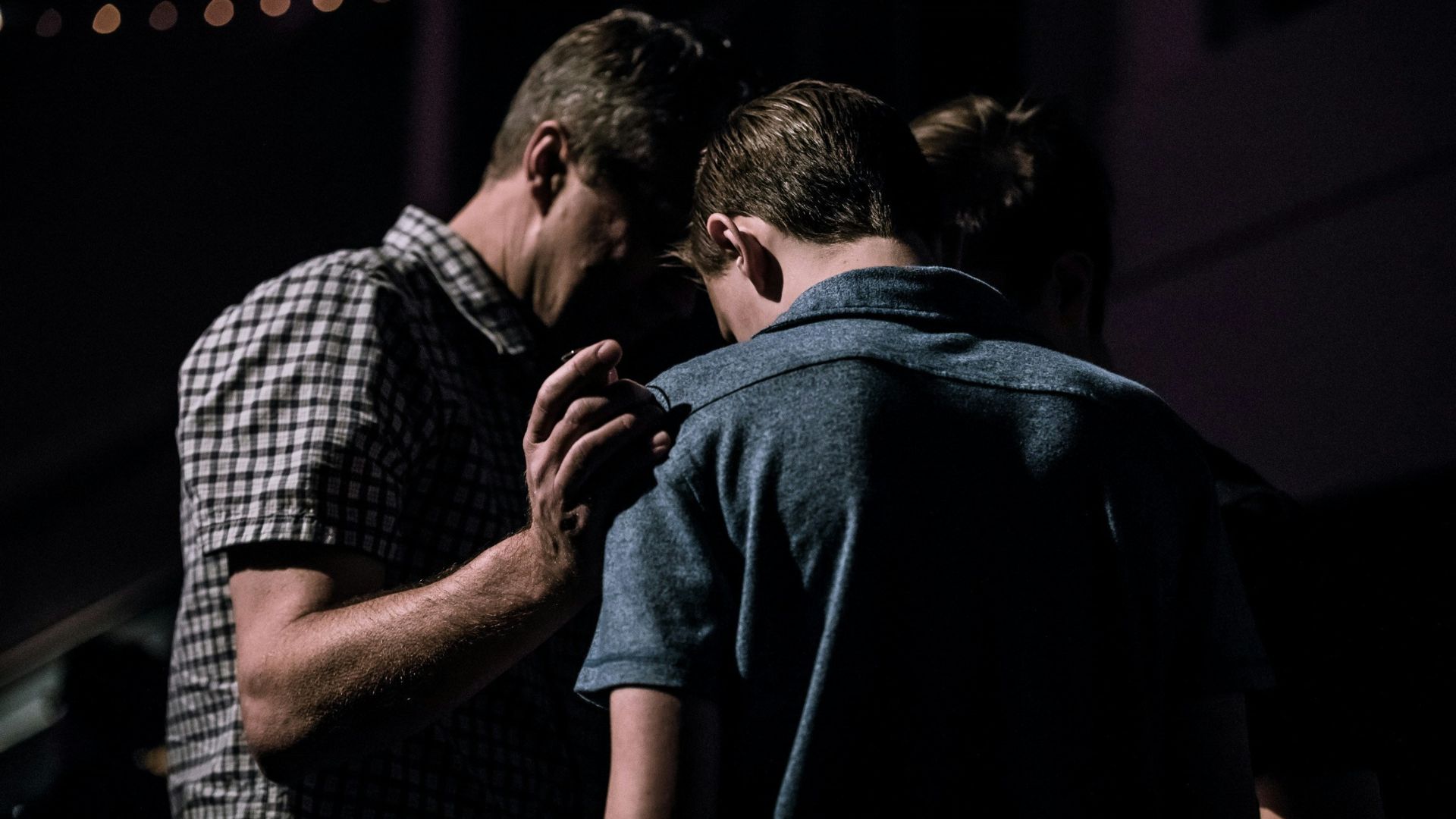
The role of the chaplain in Florida schools will be a volunteer basis.
“We encourage all school districts who are wanting to implement that chaplain program to utilize the model policy we have provided to ensure that credible chaplains can volunteer in Florida schools. These chaplains will serve as an additional resource for students, and Florida welcomes legitimate and authorized chaplains to become volunteers at their local schools,” said Florida Commissioner of Education Manny Diaz.
DeSantis Says Some Children Need This Offering
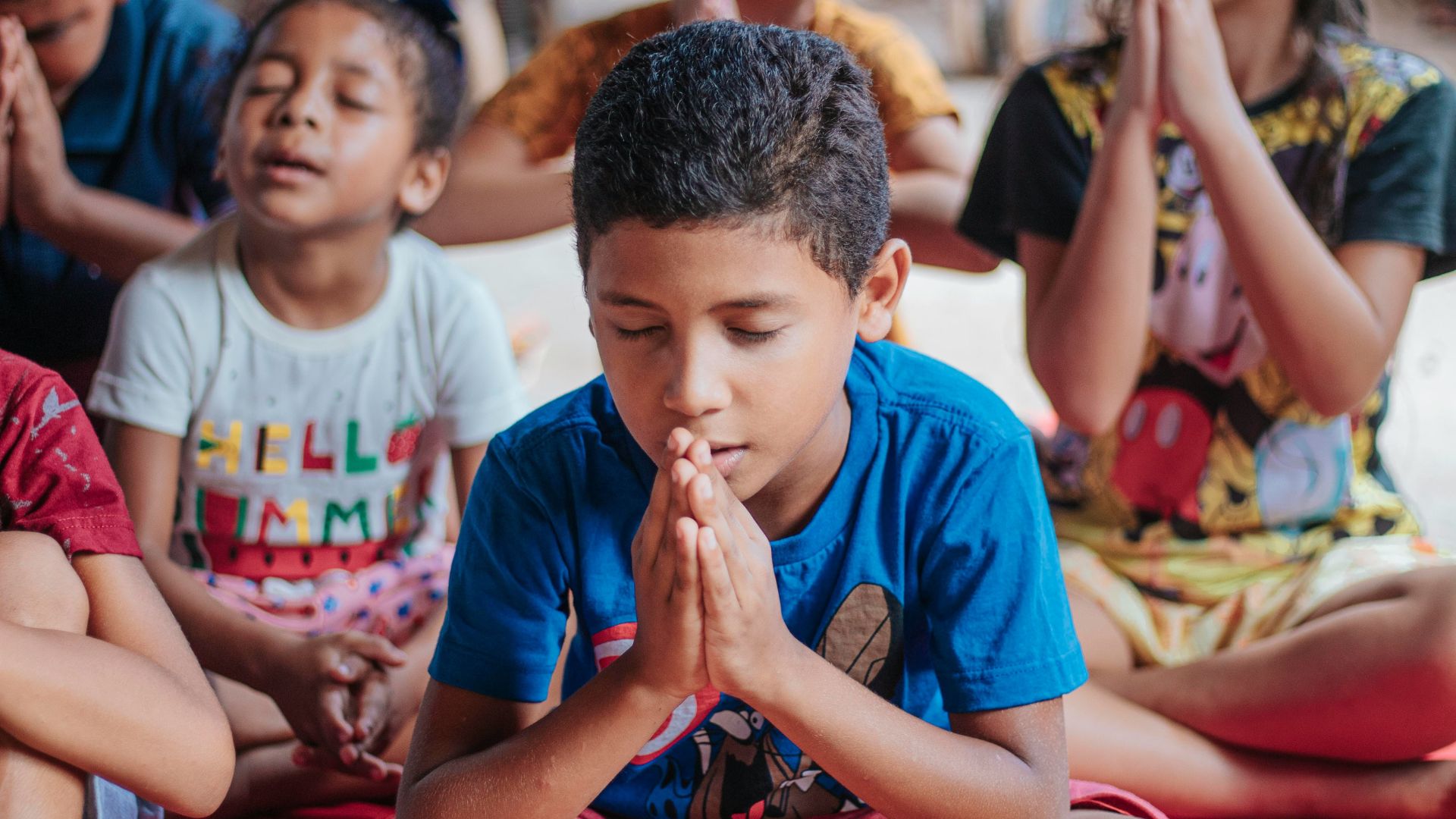
DeSantis has explained that the goal of the program is to offer Florida students the opportunity to reach out to a religious leader in times of need.
As DeSantis explained, “There are some students where they need some soul craft. That can make all the difference in the world.”
Religion in Classrooms
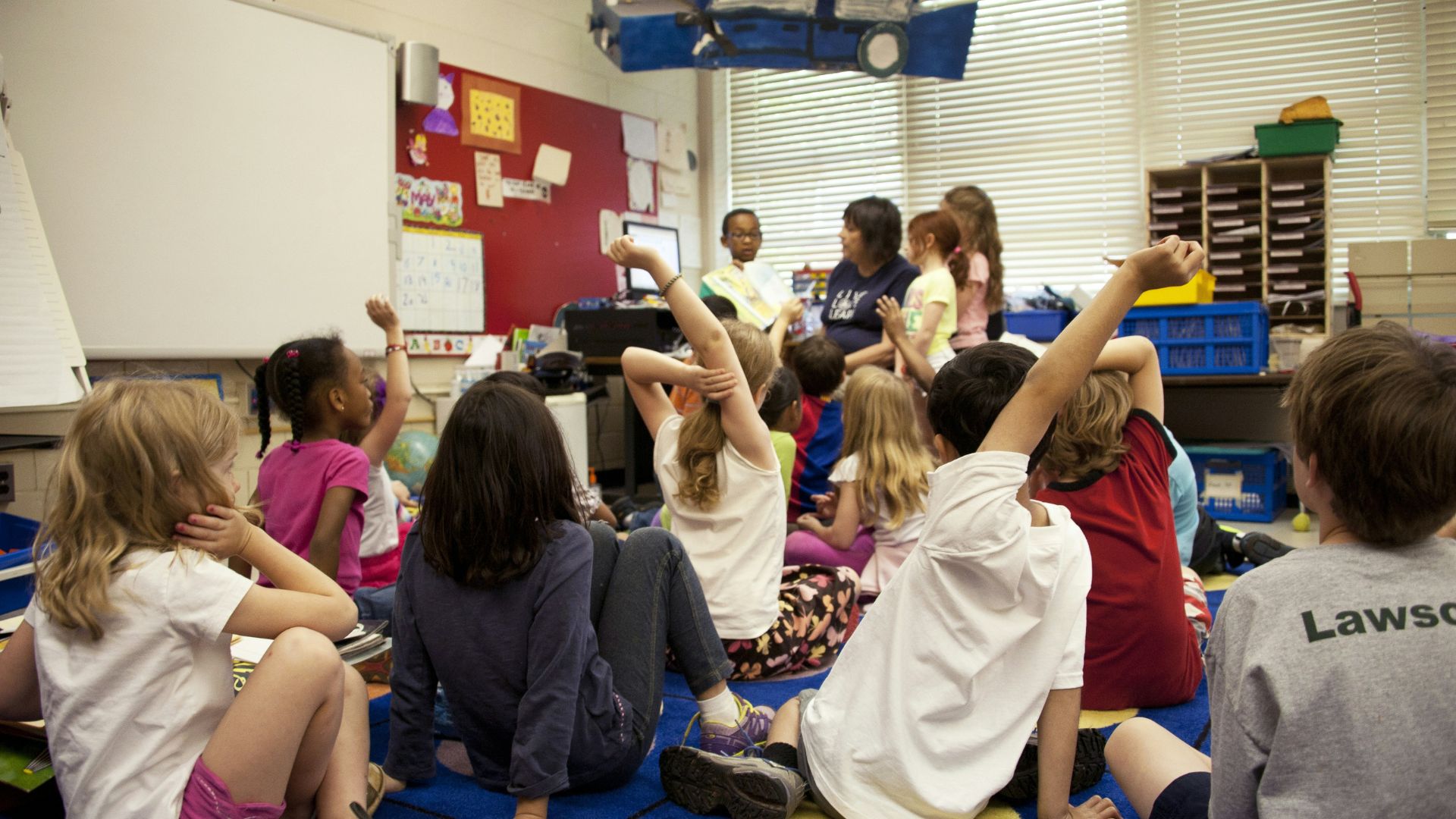
Now, although the U.S. follows a general rule of separation of church and state, schools have recently begun implementing more religious doctrine in classrooms, mainly Christian teachings.
Many Americans have questioned not only the morality of this decision but also its legality.
Is Teaching Religion in School Legal?
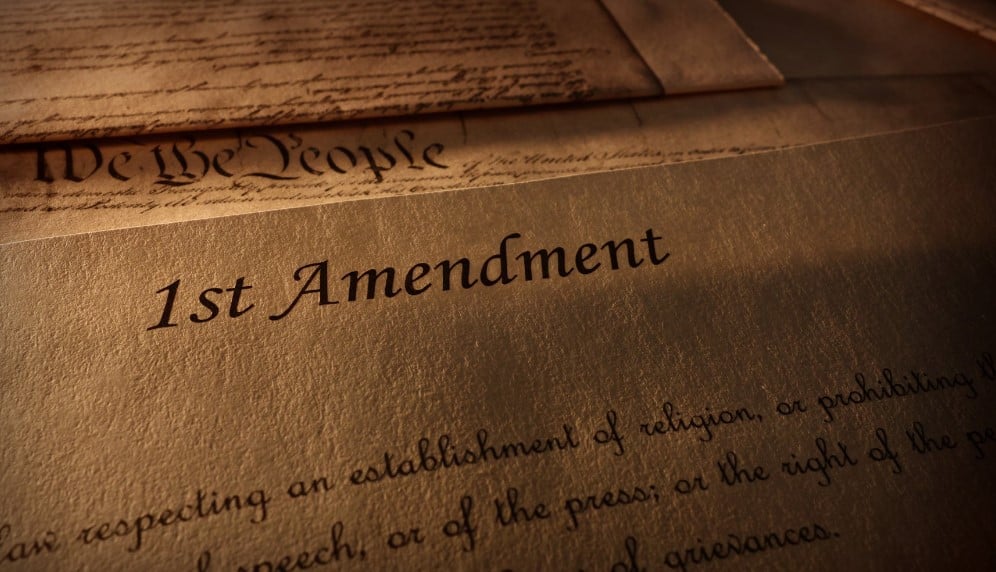
The First Amendment of the US Constitution reads, “Congress shall make no law respecting an establishment of religion, or prohibiting the free exercise thereof.”
And thanks to the 1948 case of McCollum v. Board of Education, that amendment applies to the US public school system.
Public School Employees Cannot Speak to Children About Religion

In other words, US public schools, including their educators, cannot show or teach favor or disfavor of any religion.
According to the Constitution, teachers, principals, and even food service or janitorial staff members at public schools cannot ask children about their personal beliefs, encourage religion, or speak in any way against it.
DeSantis Avoided This Complication

However, DeSantis worked around this law by ensuring the chaplains were volunteers, not public school staff.
So, while technically, what DeSantis has done may be legal within the United States, the ethics of the bill are still in question.
DeSantis Speaks on the Bill
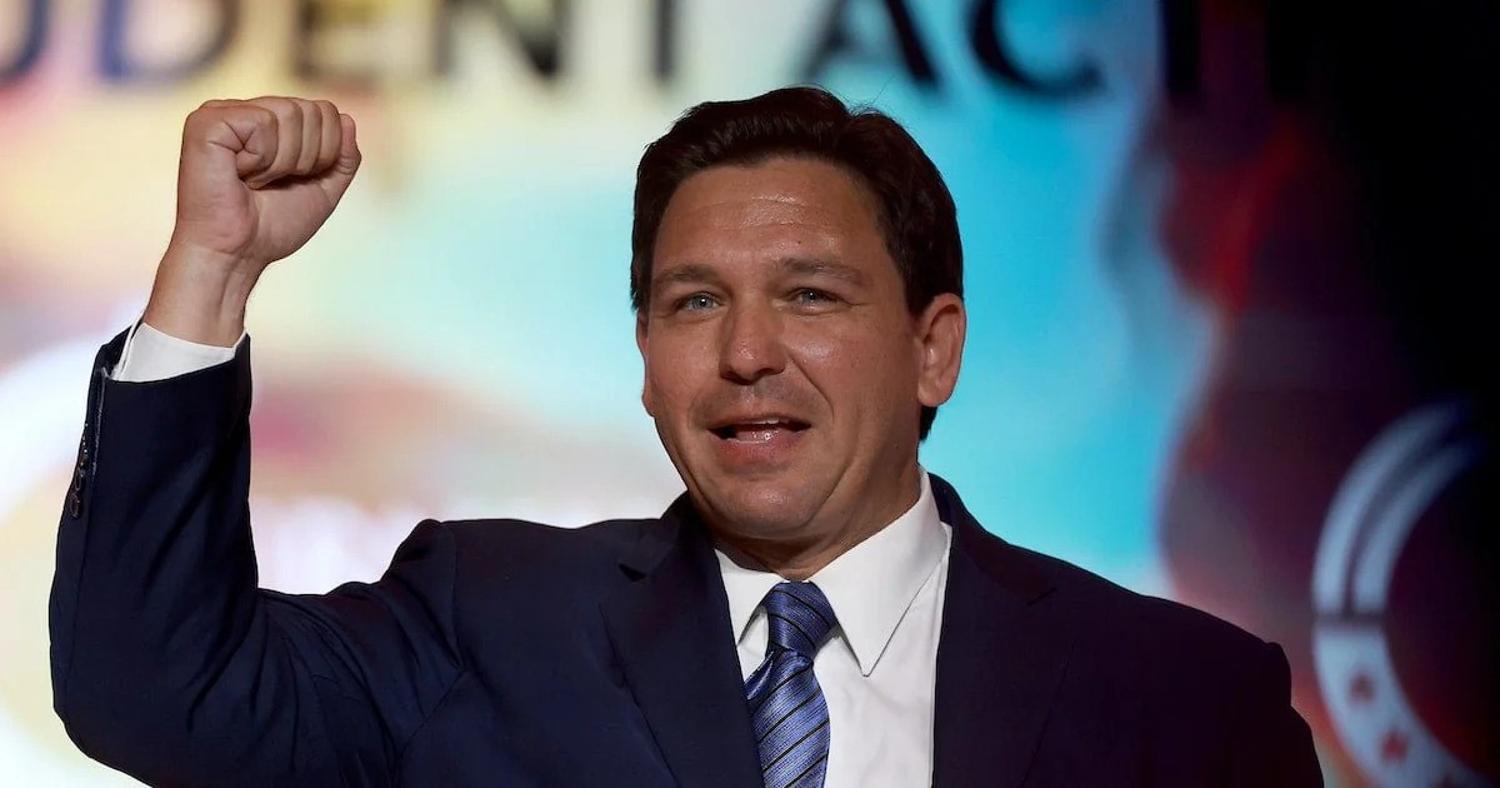
DeSantis made a few comments about the new rules during a press conference in April where he said that students should have the right to pursue spiritual advice from chaplain leaders if they want to.
He also mentioned the uproar caused by the Satanic Temple and noted that this was not a religion that would be qualified for the program.
The Law Is Purposefully Exclusionary

Devon Graham, a spokesperson for the Florida chapter of American Atheists, said, “I think this was written to be exclusionary.”
The model policy defined religion as a group that “acknowledges the existence of and worships a supernatural entity or entities that possesses power over the natural world,” per the document. The school chaplain then must be recognized by the religious leadership and vetted by the school principal.
The Chaplains Don’t Need Any Qualifications

Other than being recognized by another church leader, school chaplains don’t need any qualifications, such as a college degree or certification.
However, DeSantis has promised parents the vetting process is very thorough, including a detailed background check and interview before being allowed to work with the children.
Other Opposition to Religion in Classrooms

The Central Florida Freethought Community, a group that opposes the policy, plans to speak during public comment at an upcoming hearing.
Several large groups have blasted DeSantis and the new law as a way to indoctrinate children into only following a particular religion.
Schools Have Not Used the Bill Yet
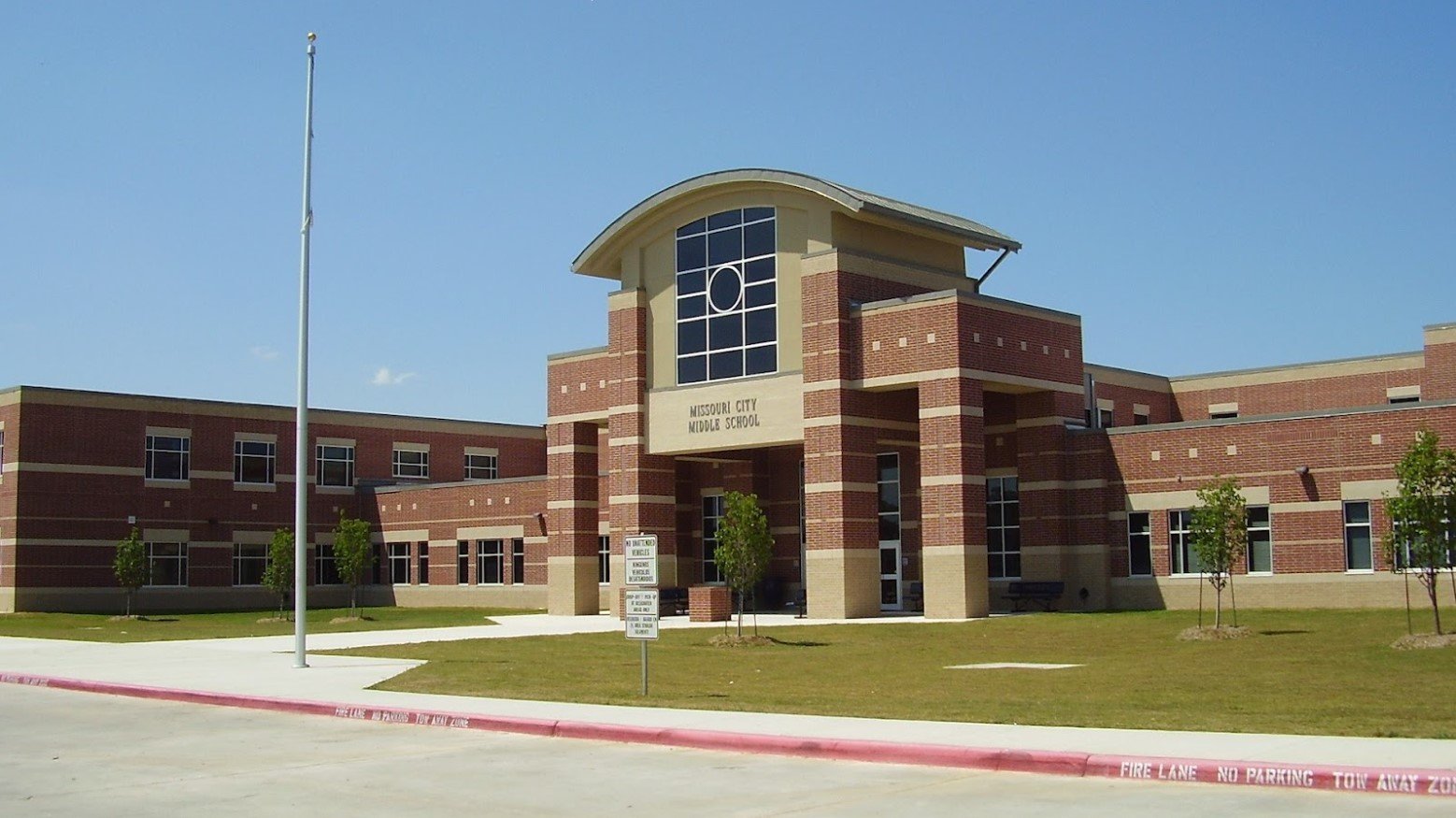
Several large school districts in the state, including Orange, Lake, and Seminole counties, said that they have no plans to implement the program yet.
The chaplain will be available to students who request it but not forced on students who do not wish to use the program.
Other Schools Have Pushed Back on Similar Bills
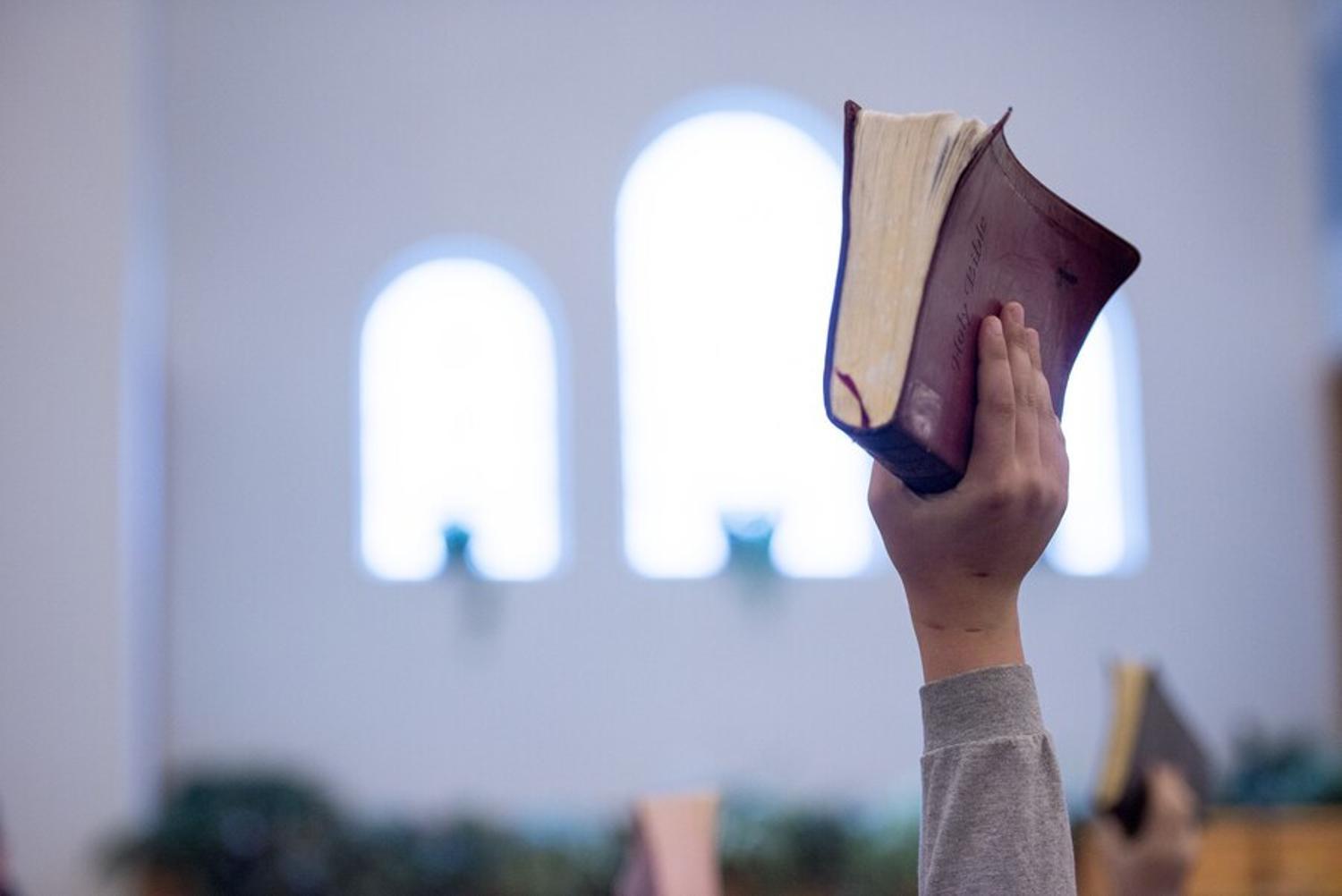
Earlier this summer, the Oklahoma school district attempted to implement the teaching of the Bible in every classroom across public institutions.
However, several large school districts pushed back on the guidelines and rejected the new law. The schools had backing from well-known civil rights groups and some Democratic lawmakers to keep schools fair and even for kids of all religions.
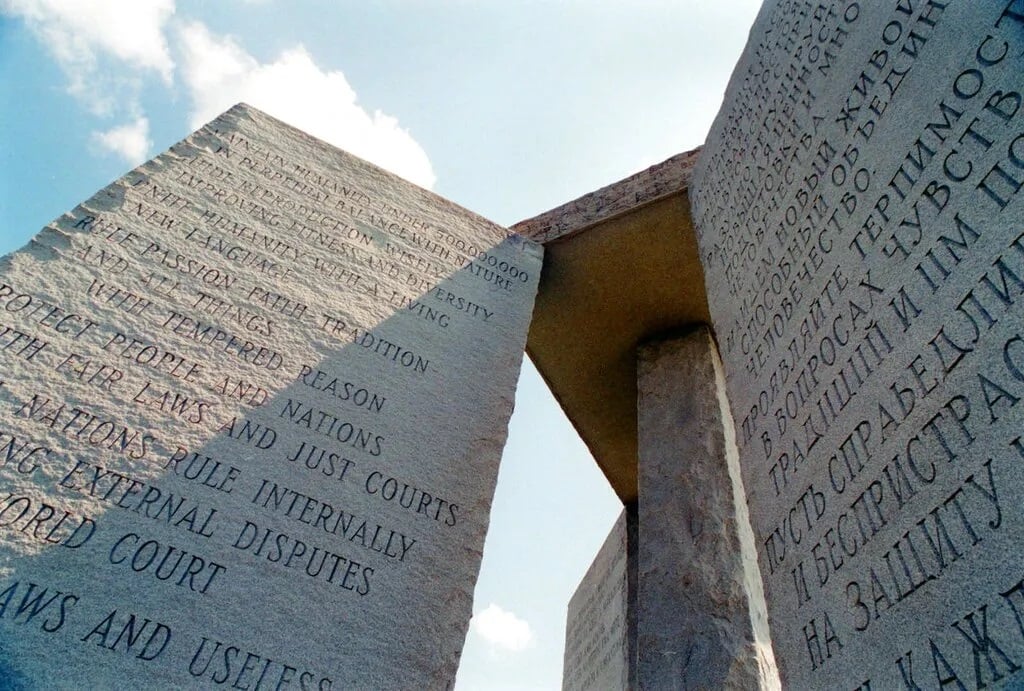
In the past few months, Louisiana passed a law to force each classroom to display the Ten Commandments, despite parents and groups’ concerns about including one specific religion in a public institution.
Legal expert Sunny Hostin explained that in 1980, the Supreme Court banned Kentucky from requiring Christian messaging in schools, so why are they allowing it now?
The Chaplains in Florida Are Likely to All Be Christian
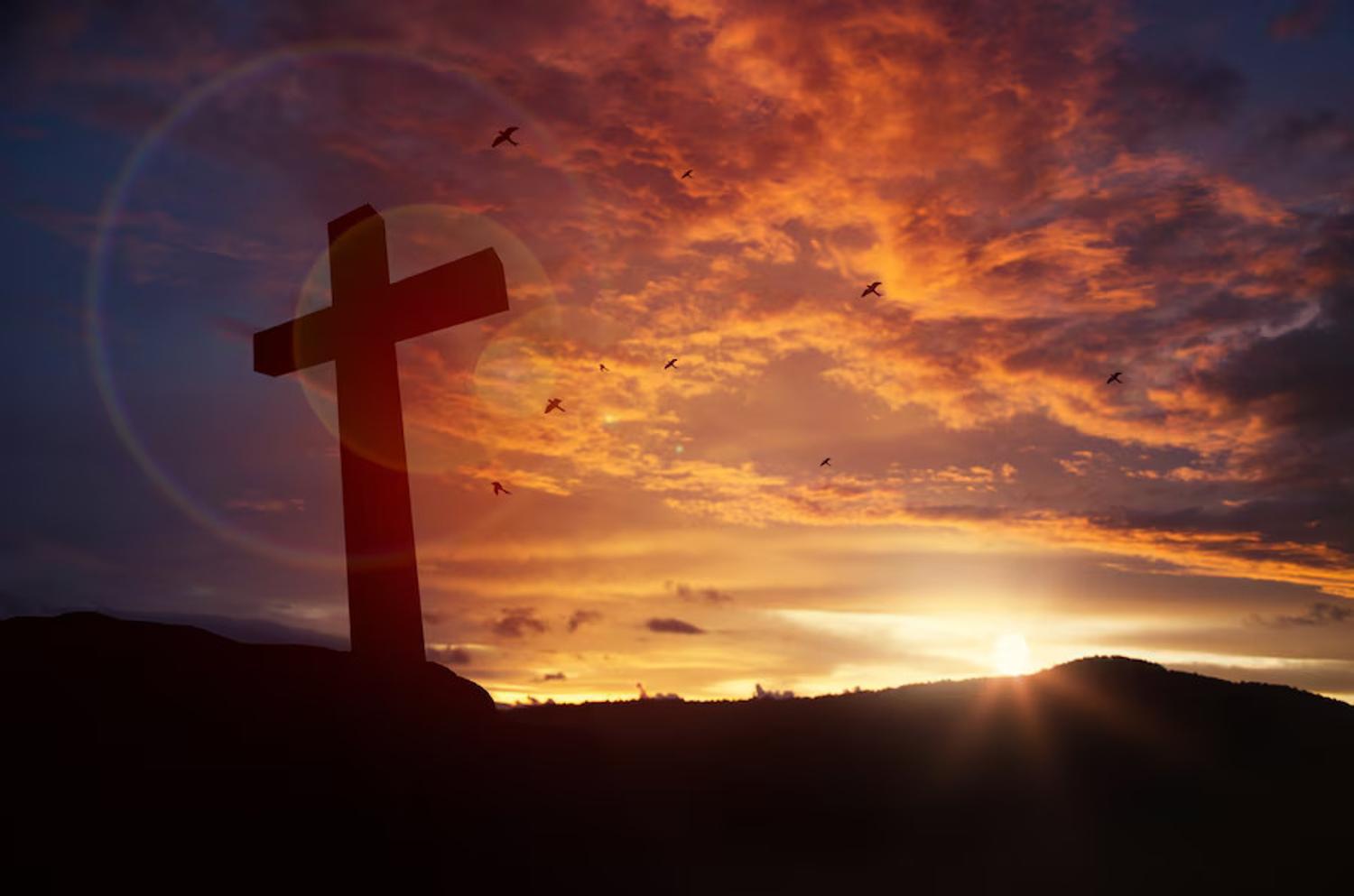
The bottom line is that, while DeSantis is technically following the law by ensuring the chaplains are volunteers and not specifying that they must be Christian, that will be the only religion participating in the program.
DeSantis has already said members of the Satanic church will not be allowed in schools, so what is to stop him from saying Jewish, Islamic, or other denominational leaders cannot participate?
Christian Nationalism Is on the Rise
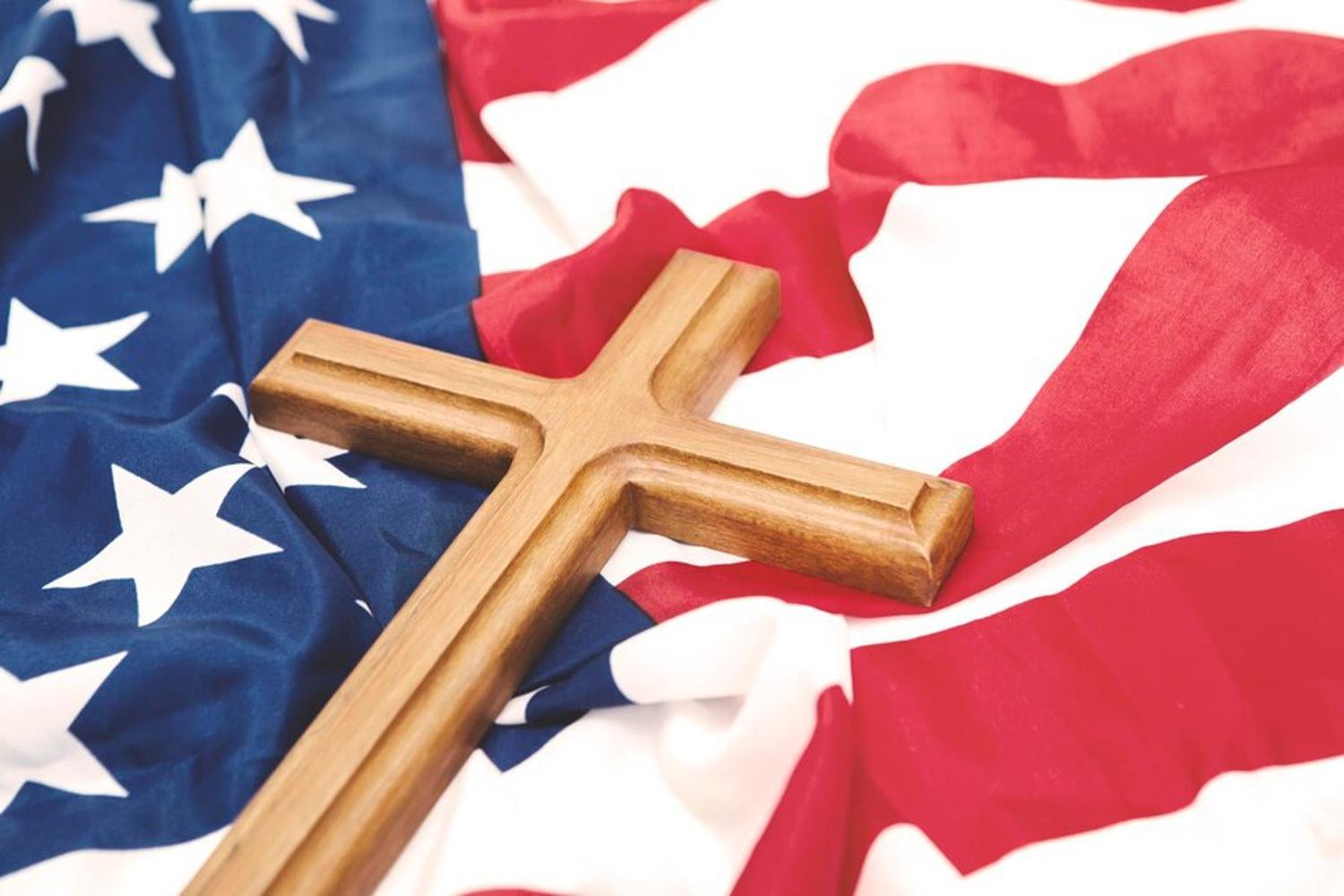
America’s Founding Fathers were quite adamant that this nation should remain secular, with a distinct separation of church and state.
However, the idea of Christian Nationalism is undoubtedly becoming more popular. Presidential candidate Donald Trump is clearly using the Christian religion as part of his platform, and many worry that if he is elected in November, the nation will soon be dubbed a Christian state.








































